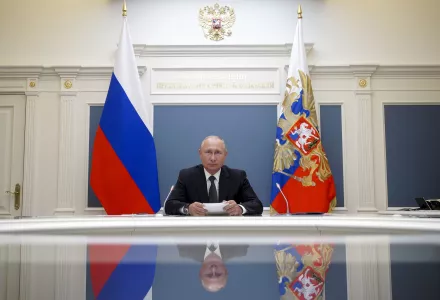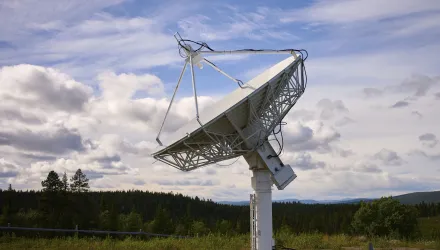International Security is America's leading peer-reviewed journal of security affairs.

Summary
Why did Russia’s relations with the West shift from cooperation a few decades ago to a new era of confrontation today? For a complete understanding of Russian foreign policy today, individuals (President Vladimir Putin), ideas (Putinism), and institutions (autocracy) must be added to the analysis. Tracing the causal influence of these domestic determinants in three cases of Russian intervention—Ukraine in 2014, Syria in 2015 and the United States in 2016—reveals Putin’s significant influence in the making of Russian foreign policy.
Michael McFaul, "Putin, Putinism, and the Domestic Determinants of Russian Foreign Policy," International Security, Vol. 45, No. 2 (Fall 2020), pp. 95-139, doi.org/10.1162/isec_a_00390.
The full text of this publication is available in the link below.



